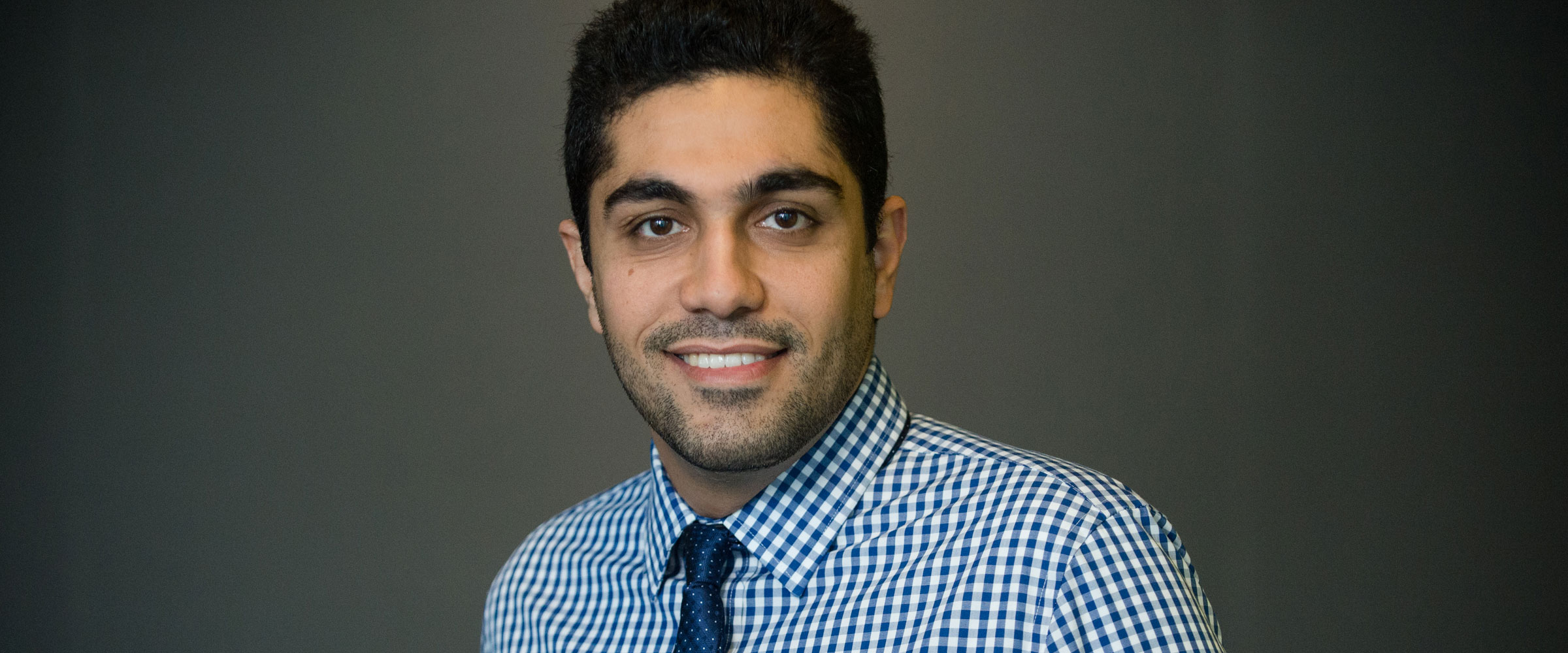Sajjad Arshad
PhD Student

Education
- MS, Shahid Beheshti University – Iran
- BS, University of Tehran – Iran
About Me
- Hometown: Yazd, Iran
- Field of Study: Information Assurance
- PhD Advisors: William Robertson and Engin Kirda
What are the specifics of your graduate education (thus far)?
Our Information Assurance program prepares us with a variety of backgrounds in reliability and security to address global threats to cyberspace.
What are your research interests?
My research is concerned with improving the security of computer systems through application of secure design principles and integration of defensive techniques such as attack detection, prevention, and recovery. Some particular domains that I am active in include Web and browser security, privacy in online advertising, and malware detection. Specifically, my research focuses on large-scale measurement and detection of web malware, primarily using browser instrumentation and distributed crawling. I also contributed to multiple web security measurement studies.
What’s one problem you’d like to solve with your research/work?
Nowadays, web browsers play an important role on the Internet since most applications are web-based. Therefore, maintaining browser security is critical. Web-based malware is very prevalent today and thousands of users are victims to this malware everyday, so I am trying to address these two problems by fixing vulnerabilities in browsers and detecting websites that distribute malware.
What aspect of what you do is most interesting?
The fact that even today, many Internet users are exposed to malwares without being aware of it.
What are your research or career goals, going forward?
I think that cyber security research in academia has a direct impact on industry as well. In other words, whatever research you are doing in security will be helpful in the industry, so my goal is to work in the industry as a security engineer.
Where did you grow up or spend your most defining years?
I was born in Yazd, Iran and I was there until the end of high school. After that, I moved to Tehran to go to undergrad and grad schools.
Where did you study for your undergraduate degree?
I went to University of Tehran, a prestigious university in Iran, for my undergrad degree. In high school I was very passionate about computer programming, and University of Tehran has one of the best software engineering programs in country.
Recent Publications
-
Practical Challenges of Type Checking in Control Flow Integrity
Citation: Reza Mirzazade Farkhani, Sajjad Arshad, Saman Jafari IEEE Secure Development Conference (SecDev) Poster Session Boston, MA, USA, September 2017 -
Large-Scale Analysis of Style Injection by Relative Path Overwrite
Citation: Sajjad Arshad, Seyed Ali Mirheidari, Tobias Lauinger, Bruno Crispo, Engin Kirda, William Robertson The Web Conference (WWW) Lyon, France, April 2018 -
Thou Shalt Not Depend on Me: Analysing the Use of Outdated JavaScript Libraries on the Web
Citation: Lauinger, Tobias, Chaabane, Abdelberi, Arshad, Sajjad, Robertson, William, Christo, Wilson, and Kirda, Engin. Thou Shalt Not Depend on Me: Analysing the Use of Outdated JavaScript Libraries on the Web. Network and Distributed System Security Symposium (NDSS), San Diego, CA, USA, February 2017.